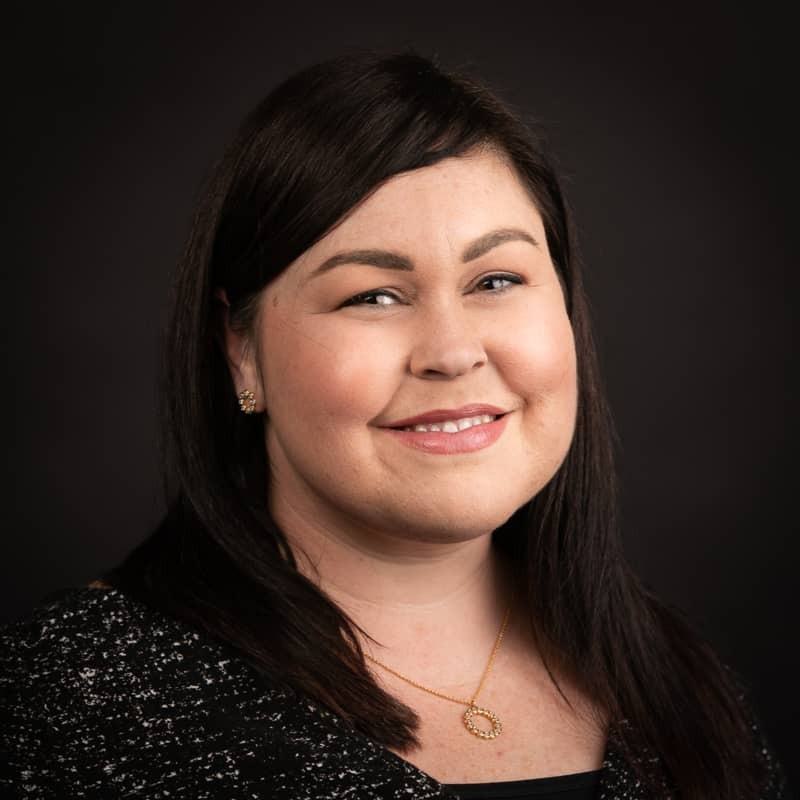
As a provider of independent, conflict-free, third-party administrative agent services, the team at SRS Acquiom ensures its clients are informed and prepared for the end of the London Interbank Offered Rate (LIBOR). ICE Benchmark Administration’s (“IBA”) announcement does not change the fact that LIBOR discontinuation is happening, but it does give United States Dollar (USD) LIBOR loans more time to mature or transition to alternative rates. It also gives loan parties more time to assess interest rate risks and plan for the transition across its loan portfolios. Here’s what the SRS Acquiom team believes you need to know about the LIBOR extension: the facts and considerations for your business.
The Facts: What You Need to Know About the LIBOR Cessation Extension
On November 30, 2020, IBA announced its intent to (i) cease publication of 1-week and 2-month USD LIBOR along with EUR, CHF, JPY, and GBP LIBOR on December 31, 2021, as previously planned, and (ii) extend the publication of USD LIBOR (1-, 3-, 6-, and 12-month) until June 30, 2023.1
In December 2020, IBA launched a consultation where interested parties were encouraged to provide feedback on its recent proposal by January 25, 2021. After the feedback period closed, IBA published a consultation feedback statement on March 5, 20212, affirming the previously announced LIBOR cessation dates:
- (i) All GBP, EUR, CHF, and JPY LIBOR settings, and the 1-week and 2-month USD LIBOR settings will cease immediately following the LIBOR publication date on December 31, 2021; and
- (ii) The Overnight and 1-, 3-, 6-, and 12-month USD LIBOR settings immediately following the LIBOR publication on June 30, 2023.
The UK Financial Conduct Authority (“FCA”) further announced on March 5, 2021, that after reviewing the IBA’s consultation and the feedback received, it “would not require any panel banks to continue to submit to LIBOR beyond the dates from which they have notified their departure, or to require IBA to continue to publish LIBOR on the basis of panel bank submissions beyond such date.”3
The extension of certain USD LIBOR rates beyond the initial 2021 deadline allows an additional 18 months for existing LIBOR-based loans to run off. All loans closing after December 31, 2020, are strongly encouraged to have adequate LIBOR fallback language, and loans closing after December 31, 2021, should not be using LIBOR at all.
What is LIBOR? How Did it Come About?
LIBOR was developed in the 1970s and became a globally accepted benchmark interest rate across the financial industry. By 2012, it was firmly established that there had been significant fraud and collusion by member banks in the rate submission process.
In 2014, the Alternative Reference Rates Committee (“ARRC”) was formed by the Federal Reserve Board and the Federal Reserve Bank of New York to “identify a set of alternative reference interest rates that are more firmly based on transactions from a robust underlying market and that comply with emerging standards.”
In June of 2017, ARRC identified the Secured Overnight Financing Rate (“SOFR”) as the preferred reference rate to replace USD LIBOR. Shortly thereafter in July 2017, FCA announced it would no longer compel or persuade member banks to submit rates for LIBOR after December 31, 2021. This announcement solidified the need to adopt a new reference rate and gave a timeline in which to do that.
How Your Business Can Prepare for the LIBOR Discontinuation
While U.S.-based loans have been given an extension of 18 months to prepare, it is very likely that LIBOR will no longer be a suitable reference rate beyond 2022. Your business still needs to be ready for the transition. The team at SRS Acquiom provides some suggestions to start preparing for the end of LIBOR and to ensure that your portfolio remains balanced and on track.
- 1.
Chances are, a significant portion of your portfolio uses LIBOR as the reference rate. Review loan maturity dates and interest rate fallback language to see if loan agreements need to be amended.
- 2.
Determine whether your existing agreements need to add interest rate fallback language to address the LIBOR migration.
- 3.
Avoid calculation issues with clear fallback language provisions. You may also want to explore new rate options in consultation with your legal counsel.
- 4.
Monitor activities surrounding LIBOR and replacement rates in the marketplace. In addition, you may want to consider impacts on broader investment strategies and operational impacts when moving to a new rate structure.
- 5.
Knowing the facts and available rate options will help ensure you are in control when LIBOR dissolves, thereby mitigating potential risks to your portfolio.
The SRS Acquiom Loan Agency team can help you understand the LIBOR cessation and navigate the transition. For more information on the end of LIBOR and how you can prepare, check out the SRS Acquiom white paper, Preparing for the End of LIBOR.
Footnotes:
1ICE LIBOR® Consultation on Potential Cessation
3FCA announcement on future cessation and loss of representativeness of the LIBOR benchmarks

Renee Kuhl
Managing Director, Loan Agency tel:612-509-2323
Renee is the managing director of the SRS Acquiom Loan Agency Group. With more than 15 years of experience as administrative and collateral agent on loan transactions and more than ten years managing teams in loan agency and restructuring products, she is an accomplished financial industry professional and leads the loan agency business globally.
Before joining SRS Acquiom, Renee served as an administrative vice president at Wilmington Trust, N.A., most recently leading the loan agency and restructuring products. In addition to her 10 years at Wilmington Trust, she also worked for Wells Fargo Bank, N.A. in the corporate trust and shareholder services departments.
Renee has a Juris Doctorate from Mitchell Hamline School of Law in Minnesota, and a B.A. in political science and history from Azusa Pacific University in Azusa, California.